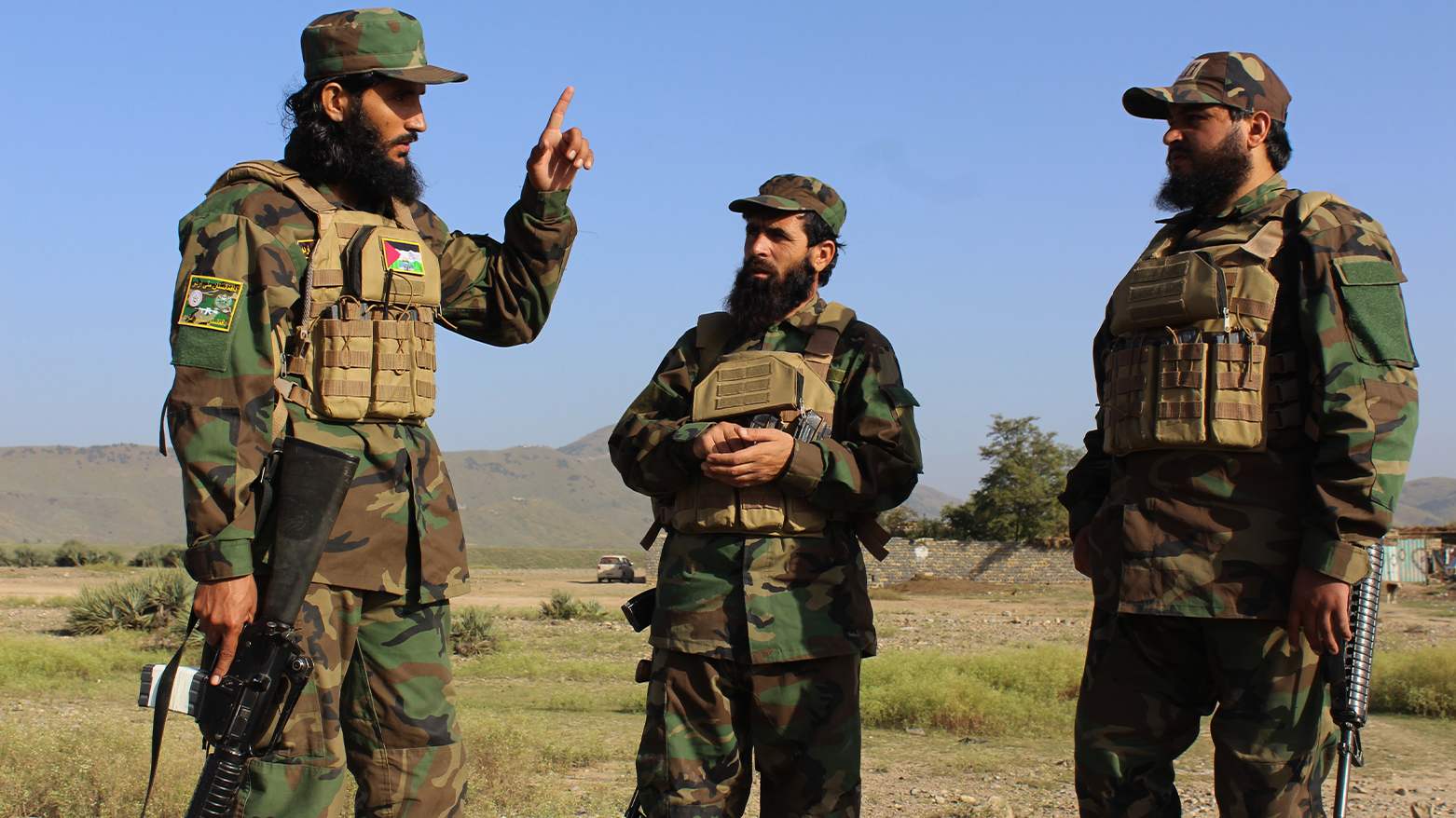Afghan–Pakistani Tensions Escalate as Taliban Claims Pakistan Killed Ten Civilians in Night Raids
Taliban accuses Pakistan of killing 10 civilians, including 9 children, in airstrikes, threatening a fragile truce following a suicide attack in Peshawar.

ERBIL (Kurdistan24) – The fragile peace between Afghanistan and Pakistan appears to be fracturing rapidly after the Taliban government accused Islamabad of launching a series of deadly overnight airstrikes across three eastern provinces early Tuesday. According to officials in Kabul, the bombardment resulted in the deaths of at least 10 civilians, including nine children, marking a severe escalation in the deterioration of relations between the two neighbors.
The alleged strikes come just one day after a deadly suicide attack on a security compound in Pakistan’s Peshawar city, fueling a cycle of violence that threatens to undo a recently brokered ceasefire.
Zabihullah Mujahid, the chief spokesperson for the Afghan government, issued a statement on the social media platform X, detailing the aftermath of the operations.
Cited in reports from the Associated Press (AP) and Agence France-Presse (AFP), Mujahid stated that Pakistani "invading forces" bombed the home of a local civilian in Khost province.
The strike resulted in the "martyrdom" of nine children—specifically five boys and four girls—and one woman. In addition to the fatalities in Khost, the spokesperson reported that simultaneous air strikes targeting the border regions of Kunar and Paktika provinces wounded another four civilians.
Afghanistan's Taliban government vowed Tuesday to respond "appropriately at the right time" after Pakistani air strikes overnight killed 10 people in the eastern provinces, according to a spokesman.
"The Islamic Emirate strongly condemns this violation and crime and reiterates that defending its airspace, territory, and people is its legitimate right, and it will respond appropriately at the right time," Taliban spokesman Zabihullah Mujahid said in a statement on X.
As of Tuesday morning, neither Pakistan’s military nor its government had issued an official comment regarding the allegations of cross-border raids. However, the timing of the incident suggests a retaliatory motive following a significant security breach inside Pakistan on Monday.
A suicide attack targeted the headquarters of the paramilitary Federal Constabulary in Peshawar, a major city in northwestern Pakistan. Two suicide bombers and a gunman stormed the facility, killing three officers and wounding 11 others.
While no group immediately claimed responsibility for the Peshawar assault, state broadcaster PTV reported that the attackers were Afghan nationals. Pakistani President Asif Zardari attributed the violence to "foreign-backed Fitna al-Khawarij," a term Islamabad uses to describe the Tehreek-e-Taliban Pakistan (TTP) militants, whom they accuse of operating with impunity from Afghan soil.
The security situation in the region has been volatile throughout November. Before the Peshawar incident, another suicide blast in the Pakistani capital, Islamabad, killed 12 people.
That attack was claimed by a faction of the Pakistani Taliban, a group that shares a strict ideological lineage with the Afghan Taliban. Islamabad explicitly blamed that attack on a militant cell guided by a "high command based in Afghanistan," further straining diplomatic channels.
While the Pakistani military remained silent on the cross-border accusations Tuesday, they were active within their own territory. The army announced that security forces had killed 22 militants during a raid in Bannu, a district in the northwestern Khyber Pakhtunkhwa province near the Afghan border.
In a statement referenced by the AP, the military described the target as a hideout of "Indian-backed" fighters, asserting that Pakistan "will continue at full pace to wipe out the menace of foreign-sponsored and supported terrorism from the country." Kabul and New Delhi have consistently denied providing support to such groups.
The alleged airstrikes on Tuesday represent a potential collapse of the diplomatic safeguards put in place just last month. Relations between the two nations had already hit a low point in October following cross-border clashes and alleged Pakistani drone strikes on Kabul.
Those hostilities, which killed approximately 70 people on both sides, were temporarily halted by a ceasefire brokered by Qatar and Turkey on October 19.
Despite the truce holding until this week, underlying tensions remained unresolved. Two rounds of subsequent talks in Istanbul failed to produce a lasting deal, largely due to Pakistan’s demand for a written guarantee that the Afghan Taliban would curb TTP fighters—a concession Kabul refused to provide.
The Afghan government has repeatedly denied allowing its territory to be used as a launchpad for attacks against any country. Conversely, Kabul accuses Pakistan of harboring groups hostile to Afghanistan and disrespecting its sovereignty. The diplomatic impasse has had severe economic and humanitarian consequences.
All border crossings between the two neighbors have remained shut since last month, stalling bilateral trade.
The Pakistan-Afghanistan Joint Chamber of Commerce and Industry warned this week that thousands of shipping containers are currently stuck at the border, incurring daily charges of $150 to $200 each, creating an "unbearable" economic burden.
Furthermore, the closure has severed social ties, leaving residents on both sides unable to travel to visit relatives and friends since early October.
This article was updated on Tuesday, Nov. 25, 2025, at 12:11 PM.